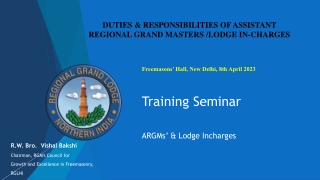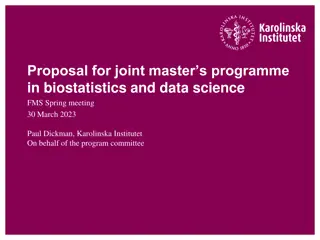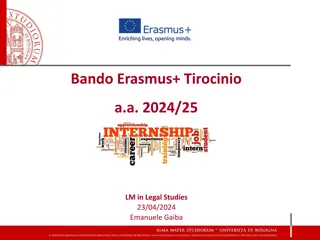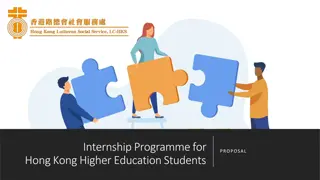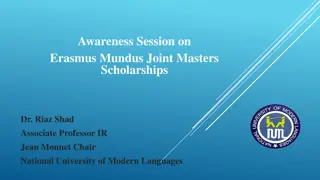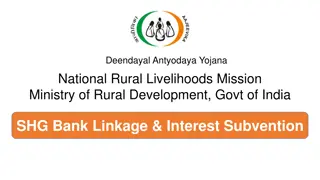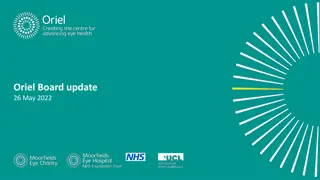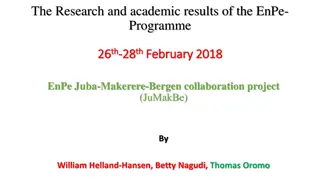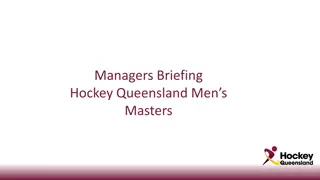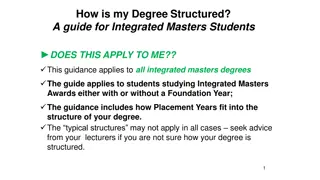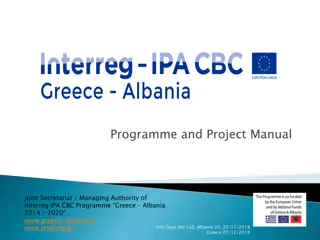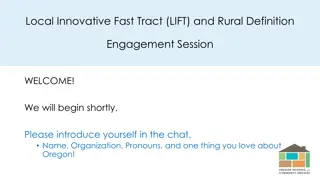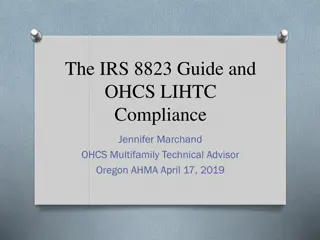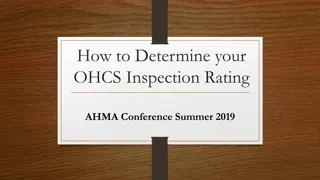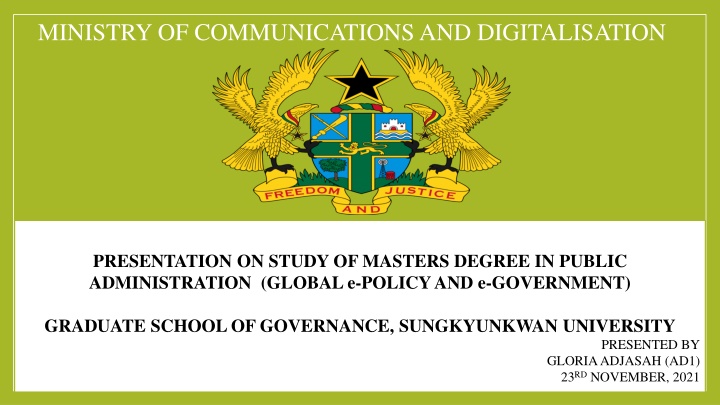
Masters Degree in Public Administration: Global e-Policy and e-Government at Sungkyunkwan University
Explore the unique program at Sungkyunkwan University offering a Masters Degree in Public Administration with a focus on Global e-Policy and e-Government. Discover the objectives, program overview, participant details, personal goals, and curriculum content of this comprehensive course. Gain insights into Korean governance experience, research opportunities, and the journey from receivers to donors in the field of public policy.
Download Presentation

Please find below an Image/Link to download the presentation.
The content on the website is provided AS IS for your information and personal use only. It may not be sold, licensed, or shared on other websites without obtaining consent from the author. If you encounter any issues during the download, it is possible that the publisher has removed the file from their server.
You are allowed to download the files provided on this website for personal or commercial use, subject to the condition that they are used lawfully. All files are the property of their respective owners.
The content on the website is provided AS IS for your information and personal use only. It may not be sold, licensed, or shared on other websites without obtaining consent from the author.
E N D
Presentation Transcript
MINISTRY OF COMMUNICATIONS AND DIGITALISATION PRESENTATION ON STUDY OF MASTERS DEGREE IN PUBLIC ADMINISTRATION (GLOBAL e-POLICY AND e-GOVERNMENT) GRADUATE SCHOOL OF GOVERNANCE, SUNGKYUNKWAN UNIVERSITY GLORIA ADJASAH (AD1) 23RD NOVEMBER, 2021 PRESENTED BY
Introduction Sungkyunkwan means an institution for building a society of perfected human beings. university literally Was established in 1398 (formerly a royal academy) It s a private comprehensive research university. It has two campuses Humanities and Social Sciences in Seoul Natural Sciences campus in Suwon SKKU s motto, Su Gi-Chi-In, which means Benevolence, Righteousness, Propriety, Wisdom 2
Programme Overview Pogramme Title: Master s Programme in Global e-Policy and e-Government Duration: 31st July 2016- 23rd June 2017 (11 Months) Objective of the program The program has the following objectives. To equip a broad range of analytical competency to devise concrete solutions to unique and complex problems facing cities, rural, and urban centers in a globalized world. To share the Korean successful local governance experience and knowledge with other developing countries, which would enhance their ability to further their expertise in the areas of economic development and quality of life at the local level. To conduct academic research to enhance the understanding on local government administration/management as well as capabilities of public administration and public policy 3
Programme Overview cont., No. of Participants : 18 (Cambodia, Cameroon, Cote d Ivoire, Ecuador, Egypt, Ethiopia, Fiji, Ghana, Indonesia, Mongolia, Mozambique, Pakistan, Senegal, Sri Lanka, Tanzania, Tunisia, Uganda and Uzbekistan) 4
Personal objectives To broaden my understanding of policy Planning and Implementation To Enhance my Administrative and Research Skills To Learn the Korean Hard Trick of Rising From Receivers To Donors 5
Programme Content Pre-semester Korean Culture and Languages (Non Curricular) 2nd Semester (2016) Survey and Research methods Winter School (2016) Internship at Gimpo International Airport 1st Semester (2017) E-Government and public policy 6
Conference of e-Government& e-policy studies Cultural visits 7
Special lecture Field trip 8
Assessment of the Factors Contributing to Airport Users Use of E-immigration System (E-gates) Implemented by the Ghana Immigration Services at The Kotoka International Airport Supervised by: Rosa Minho Cho, Ph.D.
Background & Objective of the Study Ghana E- Government Strategy 2006 e-Ghana Project World Bank Supported Huawei- Technology Partner Ministry of Communication electronic gates -electronic visa and border control solution powered by biometrics automated passport inspection and tracking border crossing events, online portal service for visa applications improve intelligence sharing improve delivery of services to citizens and other nationals improving the internal processes of the Ghana Immigration Service E-Immigration (E-Gates) Automated Border Control System Study sought to assess the factors that contribute to airport users satisfaction in the usage of this e-immigration system at the Kotoka International Airport in Accra, Ghana Understanding what drives user satisfaction and enlighten the implementation agencies on possible changes to the system that will increase the level of usage and user satisfaction. 10
Research Questions 1.How does Information Technology Factors of Ease of Use, Usefulness and Service Quality affect the level of usage satisfaction of Ghana Immigration Service, E-gate System? 2.How does User s Behavioral Factors of Capacity Culture (Knowledge) and user attitude towards E-gates influence or affect the level of usage satisfaction of the E-gate system among citizen end users? 3.How does Institutional and Environmental Factors of Administrative/Operational Support and Infrastructural Capabilities affect the usage satisfaction of the e-gate system by airport end users in Ghana? 11
Conceptual Model of the Study Information Technology Factors- TAM User s Behaviour Factors- TRA H1 Capacity Culture Usefulness H3 Ease of Use H2 Airport User Satisfaction of ABC (E- Gates) System Attitude towards ABC (E-Gates) System H4 H7 Service Quality H6 H5 Administrative/Operational Support Airport Infrastructure Capabilities Institutional Factors and Environmental Factors- Institutional Theory Control Variables: Age, Level of Education, Gender, Previous Experience with ABC System 12
Hypothesis H1 Perceived usefulness has positive effects on user satisfaction of ABC system H2 Perceived ease of use has positive influence on user satisfaction H3 Capacity Culture/knowledge (Self-efficacy) will affect SSTs user satisfaction positively H4 User attitude is positively related to user satisfaction H5 Administrative support positively related to user satisfaction H6 Airport infrastructure capacity is positively related to user satisfaction H7 ABC (e-gate) system s perceived service quality will have a positive effect on customer overall satisfaction. Hypotheses 13
Methodology Mixed research approach was used to collect the data for this study The study targeted 250 passengers out of those who use KIA. Methodology Primary data was collected using a survey and face to face interview using an interview guide. Questions were framed using a 7 point Likert Scale ranging from 1 (low level) to 7 (high level) to measure how variables affect user satisfaction of the E-Gates system at the Kotoka International Airport. Interview questions (qualitative) centered on operational challenges faced by operators and managers of the E-Gates System at KIA. Secondary data(quantitative) on measurements of operating metrics for the system. - number of people using the system per day, month and year and number of down times of the system in a day, month and year. Data collected was analyzed using Descriptive Demographic Analysis(DDA), Confirmatory Factor Analysis (CFA) and fit statistics and correlations analysis to find out relationships among the variables. Regression Analysis was used to test the model, and empirical findings explained. 14
Results Results of the survey Ease of use, usefulness, Administrative Operations, infrastructural capacity and service quality were all significantly related with user satisfaction with the e-Gate system. This shows that the technological factors and environmental and institutional factors explain user satisfaction. Results Operational Challenges with KIA E-Gates System (result of the interview) Readability of electronic passports: Typical causes of false rejections include people not looking at the camera or poor quality photos stored in electronic passports. Tailgating: Two persons try to go through an e-Gate at the same time, which solicits the help of immigrations officers to stop them and the reason for the behaviour clarified and the travelers processed accordingly. e-Passport is wrongly placed into the reader: travelers sometime place their Passports into the reader in the wrong way, and they have to be assisted by through hand-to -hand guidance by the assisting personnel. 15
Policy Implications of the study results 1. Provide clear instructions or built-in simulations (e.g., a step-by-step demonstration of how it works on digital displays and posters will equip users with necessary skills and abilities, in flight demonstrations, a page in in-flight magazines, Audio announcements) 2. Launch promotional and Educational campaigns that will serve as incentives to encourage passengers to experience the system. Policy Implications 3. Increase administrative/operational support for users, use of greeters and assistants at service points (gates) to assist customers in migrating to E-gate system and assisting them to go through. Continuous training of operator personnel (GIS Officers) 16
Limitations of the studies A cross cultural validation using a larger sample is required to further validate the findings Longitudinal evidence may enhance understanding of causality of the variables and their inter-relationships, which is more important in user satisfaction of e-gates systems at airports. Further Research Assess the system vulnerabilities (its strength and weaknesses), to derive a set of performance metrics and to conduct a cost-effectiveness analysis. Furthermore, human factors and ergonomics of the systems should be studied well and their effect on efficiency and convenience. 17
Relevance of the course to my work I have been involved in the development of two polices. The Digital Terrestrial Television Policy and. Ghana Digital Economy Policy (GDEP) 19
Conclusions The bilateral relation between Ghana and South Korea should be maintained to enable officers in the service benefit from the academic programme from South Korea which provides opportunity for officers to learn from best practices and other approaches to policy development and implementation. 20
Recommendations for policy direction to OHCS I recommend that OHCS should develop an electronic platform where information will be made public to officers. e.g. Scheme of Service training for officers etc. 21
KAMSAHAMNIDA KAMSAHAMNIDA 22

